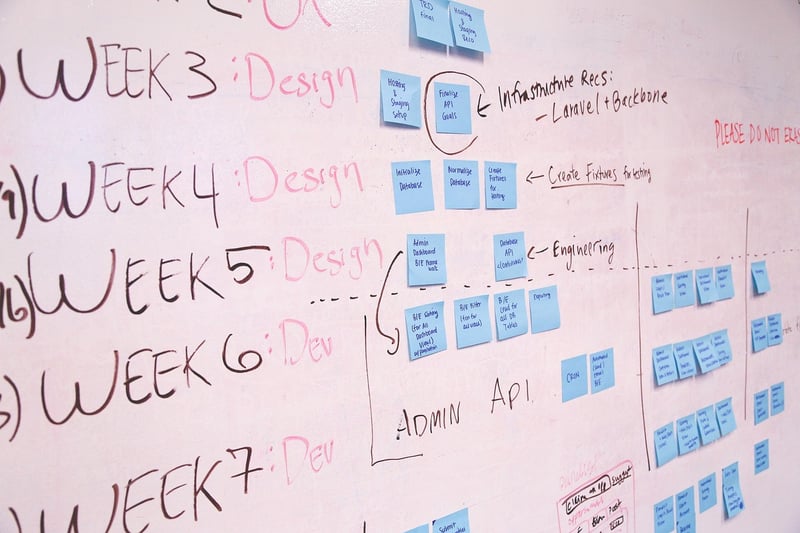Timeline Management

Useful Advice for Successful Events + Timeline Management
Introduction
Planning and executing successful events require meticulous attention to detail, effective communication, and excellent time management skills. Whether you are organizing a corporate conference, a wedding, or a community fundraiser, staying on top of your timeline is crucial to ensure a seamless and memorable experience for all attendees. Here are some useful tips to help you manage your event timeline effectively:
1. Set Clear Goals and Objectives
Before diving into the planning process, define the purpose of your event and establish clear goals and objectives. Understanding what you want to achieve will guide all your decisions and help you stay focused throughout the planning process.
2. Create a Detailed Timeline
Develop a comprehensive timeline that outlines all the key milestones leading up to the event day. Include tasks such as booking the venue, sending out invitations, arranging catering, and finalizing logistics. Assign specific deadlines to each task to ensure everything stays on track.
3. Delegate Responsibilities
Delegate tasks to a reliable team or individuals to help distribute the workload and ensure that every aspect of the event is taken care of. Clearly communicate expectations, deadlines, and responsibilities to each team member to avoid any confusion.
4. Regularly Check-In and Communicate
Hold regular check-in meetings with your team to provide updates on progress, address any issues or concerns, and make necessary adjustments to the timeline. Effective communication is key to preventing last-minute surprises and ensuring a successful event.
5. Prepare for Contingencies
Anticipate potential challenges or setbacks that may arise during the planning process or on the event day. Have contingency plans in place to address unforeseen circumstances and keep the event running smoothly.
6. Rehearse and Review
Conduct rehearsals or run-throughs of the event to identify any potential issues and make necessary adjustments. Review the timeline with your team to ensure everyone is clear on their roles and responsibilities.
7. Stay Flexible and Adapt
While sticking to the timeline is important, be prepared to adapt to changes or unexpected developments. Stay flexible and prioritize problem-solving to keep the event on track and successful.
Conclusion
Successful event planning requires careful attention to detail, effective communication, and strong time management skills. By following these tips and staying organized with a detailed timeline, you can ensure that your event runs smoothly and leaves a lasting impression on your attendees.
Remember, a well-executed event is a result of thorough planning and efficient timeline management!